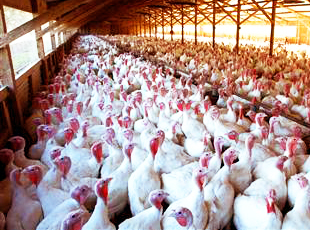Food tracing lapses flaw, shows Pew report
Food tracing improvements are spotlighted in the report
Food tracing times are disturbingly slow. Twenty-two weeks took federal health officials to determine the contaminated food source after the first person was infected in a 2011 outbreak of salmonella that swept across 34 states, sickened 136 people and led to one of the largest national recalls of ground turkey.
The vast elapsed food tracing periods and other flaws, which a new national report from the Pew Charitable Trusts new national report stand out, deserve a close review.
Although the Food Safety Modernization Act mandates efforts by health officials to improve foodborne illness control and prevention, there is a need for study enhancement of where improvement is needed, and that is where the Pew report helps, underlining weaknesses and opportunities for systemic surveillance and response.
The report states some recommendations as well, such as shorter times in public health officials notification and work with industry when a company’s products may be involved in an outbreak, uploading of additional information about food brands, processing plants and purchase dates to a key public health database used by disease detectives to monitor potential outbreaks, or higher priority for public health officials on detecting potential salmonella or other outbreaks and understanding its transmission.



